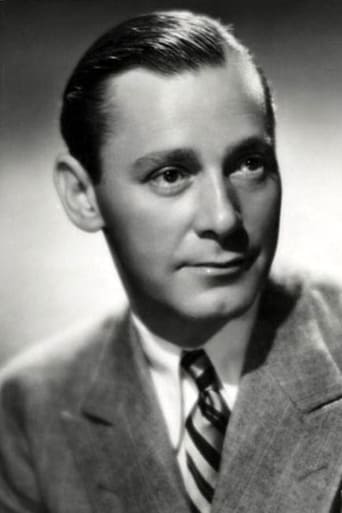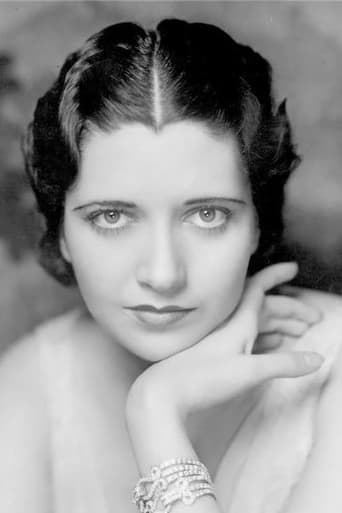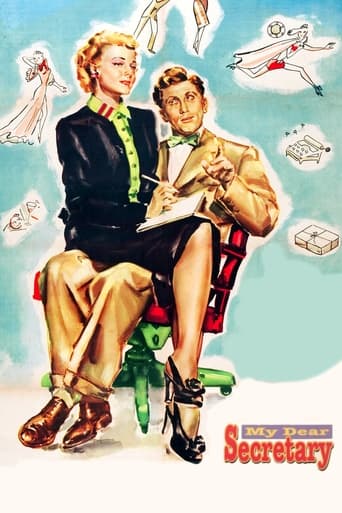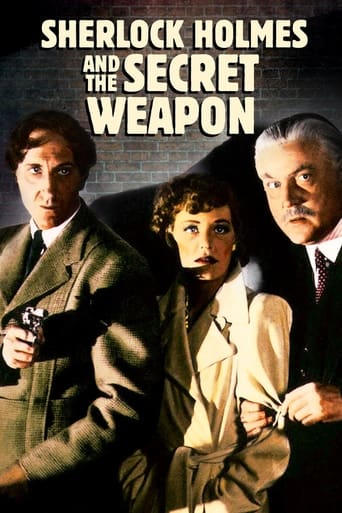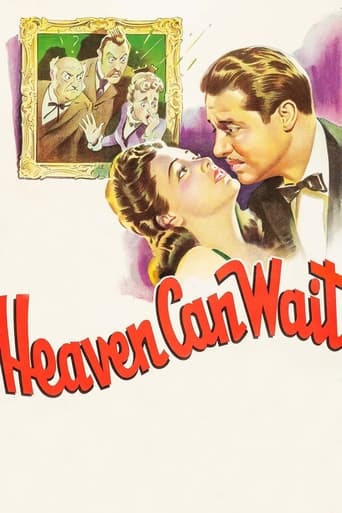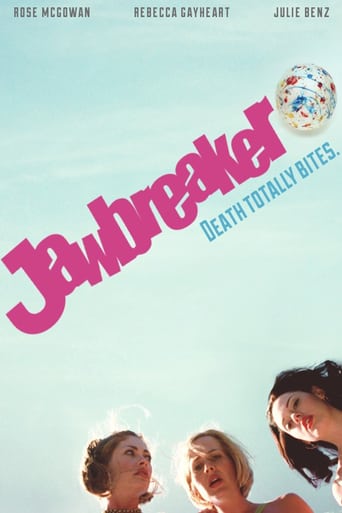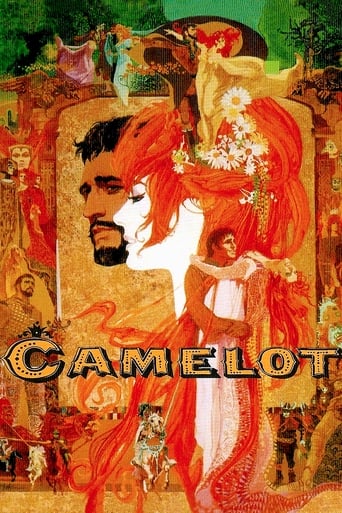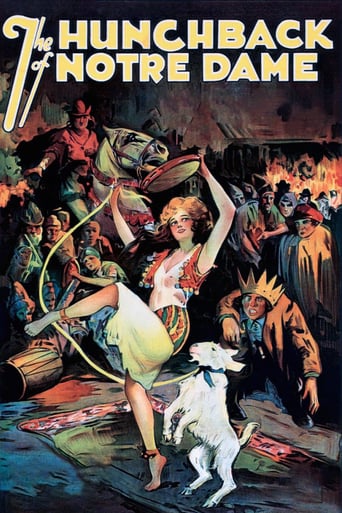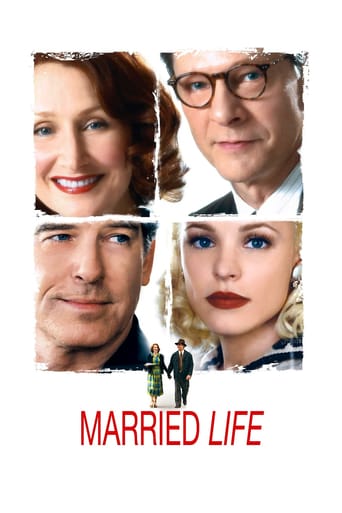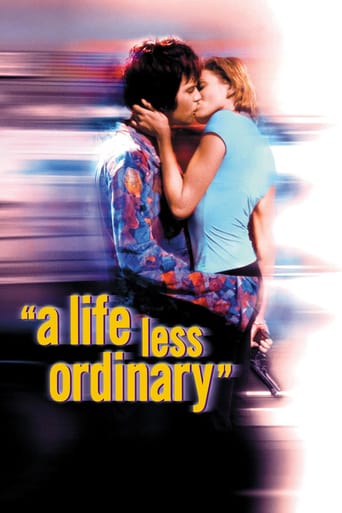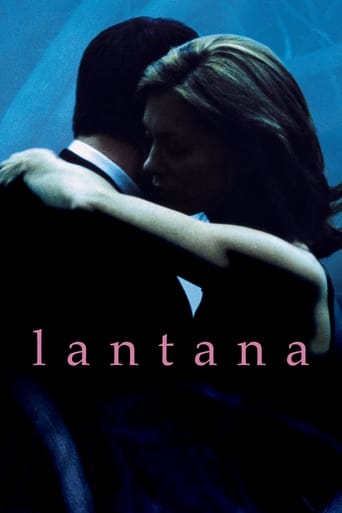
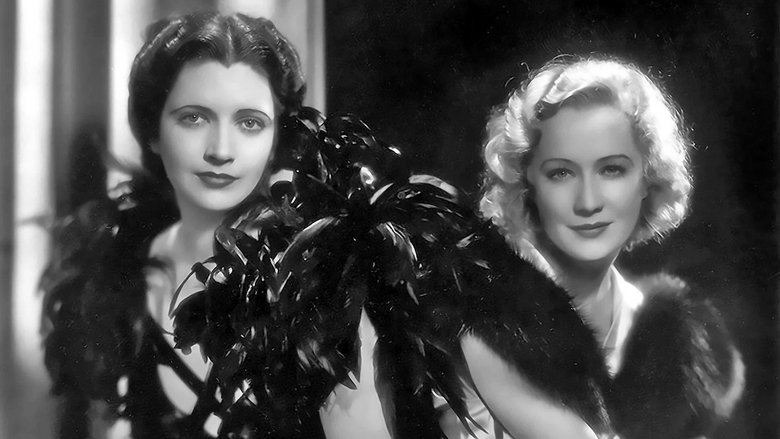
Trouble in Paradise (1932)
Thief Gaston Monescu and pickpocket Lily are partners in crime and love. Working for perfume company executive Mariette Colet, the two crooks decide to combine their criminal talents to rob their employer. Under the alias of Monsieur Laval, Gaston uses his position as Mariette's personal secretary to become closer to her. However, he takes things too far when he actually falls in love with Mariette, and has to choose between her and Lily.
Watch Trailer
Cast


Similar titles
Reviews
For cinema of this era I go to Pabst for ecstatic hovering out of self, the self that finds itself at the mercy of narratives; a true master that filmmakers like Lynch are still tapping into the potential of what he showed. Sternberg gives me feverish exaggeration of the same, a kind of grotesque sculpting in emotional air. Pabst seeks to transcend the constraints imposed by fictitious reality on self, Sternberg gives into the anguish they create. Lang turns these same constraints into monumental machinery that strike awe, but his way is much less interesting overall I think. And then there's this other maker who made the leap from Germany to Hollywood. Yet another way of dealing with fictitious reality here. With Lubitsch I come for the joyous dismantling of expectation; the constraints of fictions, our expectation that story plays out a certain way, are marvelously upended, opening us up to paradox and surprise. Here fictions are fanciful guises we put on to push each other, the constraints are opportunities for improvisation. There's this famed thing people call the Lubitsch 'touch', often in vague terms of exaltation, as any synonym for mastery. It's a specific thing he masters; spontaneous illogicality. You'll see a great demonstration in just the opening sequence here. It's one I'll keep with me when needing to discuss Lubitsch. A man lies unconscious in a dark empty apartment at night; something sinister has happened. Now cut to a man and woman meeting in another place. They're both royalty we find out, baron and countess. She had to sneak in there to meet him, improper mischief is implied, a desire to conceal. Soon we understand that neither is who we thought they were and the place where they meet is right next door to the unconscious man.It's a small masterstroke in pushing back horizon with just a few gestures. Like when the man gets up angry at having been found out, locks the door, draws the curtains; we imagine violence is coming. But they sit right back to eat, kindred souls delighted in each other's brilliant boldness of play-acting. The rest of the film flows by with much the same play-acting. We see a woman being set up to be conned, a rich Parisienne who scoffs at the men who desire her but falls for his suave charm. He insinuates himself into her home and begins controlling a story, fictitious reality. The suave charm of the film lies in seeing him, ever the cunning narrator, con his way out of difficult situations that might expose him while the noose tightens around him. Eventual unmaskings come with a certain largesse of heart that can only come by the hand of a filmmaker who sees fictitious reality as one large stage play and revels in the illusoriness of it all. It beats sulking into a corner, taking the caprices of human behavior to heart. So no hard feelings on her part at having been set up with fictitious romance. She shoos them out like mischievous kids. In turn he regrets that he couldn't split himself in two and leave one self behind to live a life with her. Herbert Marshall has more ruthless eyes than needed to convey longing here (or perhaps the point is that he cannot resist feigning to the end); but he's superb as wily narrator.But how about this notion as well. His girlfriend partner in crime has been in on the con all along, disguised as secretary in the same house. Had she not caved in to jealousy at the last moment, they would have pulled their plot clean off. It's this outpour of impulsive self that destroys the fiction and allows us to have the generous letting go of.
This entry had a lot to live up to; I'd been reading and hearing about it for years and though it proved elusive I had seen and enjoyed sufficient Lubitsch movies to know he was the MAN and so, almost inevitably, there was the slight worry that when it finally surfaced it would prove a tad disappointing; after all Herbert Marshall and Miriam Hopkins whilst fine actors don't really have the cachet of, for example, Cary Grant and Irene Dunne, Cary Grant and Kate Hepburn, Cary Grant and Roz Russell, Bill Powell and Myrna Loy, Claudette Colbert and anyone. Fear not. They pull it off. In spades. In fact it is a terrific menage a trois with Kay Francis forming the third angle in the eternal pyramid. The film begins and ends with Style, ably supported by Charm and Class, a winning parlay.
This 1932 film, the first talking film by Lubitsch is a dear moment of pleasure. It is a comedy but the comedy is a lot more subtle than anyone may think.It is about a crook who meets a thief and they fall in love but then they plan schemes that are so big it is amazing how easy they seem to be. They plan an operation that would capture a fair amount of cash, and some jewels, from the heiress and boss of the first cosmetic (in those days it was mainly perfume) business in Paris and probably the world. It sounds like L'Oreal so much that the only difference between the young widow who is heading the business and Ms Bettencourt who has finally been court-ordered out of freely managing and using her money is their age.Yet that did not prevent the gay photographer who had been her late husband's lover to take her over and manipulate her like a piece a play dough. Never too old to be submitted to that game.The second difference is that the crooks are a couple and the danger for them is that the man may fall for the heiress, really fall I mean, and that solution is caressed for a short while but the dramatic suspense it creates is short lived in the end.The third interest is that the film clearly shows how the main board member of the business is using his position to enrich himself with discrete transfers from the business accounts to his own knowing that the heiress or boss or widow will never understand the procedure but the new secretary who is the crook and thief who infiltrated the business to get to the lady's safe knows about it at once and can reveal it. It takes a crook to know another.But then how funny it is to see the victim of all these rotten crooks refusing to call the police because of the scandal it would create. They did not know yet that a good and deep scandal is the best publicity for a business, as long as the scandal does show any support to the wrong side, and there Lubitsch is a very subtle man. The crooked board member who is stealing from the business on a regular basis has a secret first name he does not like. In 1932, guess twice what it could be? Adolf of course, and even if you write it the French way Adolphe it does not change and in the film it sounds just like Adolf, the other Adolf of 1932 who was starting to loom high over Europe.But a funny film after all far from such political considerations. Is it now so far from these political considerations? Dr Jacques COULARDEAU
Why belabor what critics claim is a classic, so I'll simply summarize my reaction under brief headings.Elegant?- yes indeed. The studio's high-end wardrobe is deployed to the last cummerbund. Witty?- yes indeed. The bon mots are tossed off like pearls to the rabble.Sophisticated?- without doubt. For example. Sex- a game with no losers. Crime- a sleight of hand with no victims. Style?- So smooth, the camera slides over itself.Performances?- Everyone poses beautifully.Sum Total?- A European touch for the American masses.Audience Rating?-FTWO (For The Worldly Only)My Rating?- Two chuckles, no laughs, and a new appreciation for The Three Stooges.


